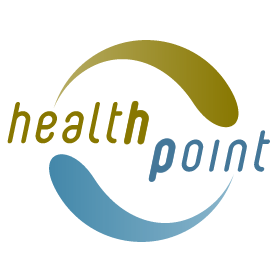North Auckland > Public Hospital Services > Te Whatu Ora – Health New Zealand Waitematā >
Cardiology Services | Waitematā | Te Whatu Ora
Public Service, Cardiology
Echocardiogram
Echocardiography is also referred to as cardiac ultrasound. This test is performed by a specially trained technician. Your cardiologist will review the study after it is completed.
This test utilises high frequency sound waves to generate pictures of your heart. During the test, you generally lie on your back and gel is applied to your skin to increase the conductivity of the ultrasound waves. A technician then moves the small, plastic transducer over your chest. The test is painless and can take from 10 minutes to an hour.
In some circumstances, echocardiography needs to be performed by inserting a tube from the mouth into the swallowing tube (oesophagus). This technique is performed by a trained cardiologist; the procedure is called transoesophageal echocardiography.
At the end of the study, the heart images are analysed using complex computer software.
Echocardiography can help in the diagnosis of many heart problems including cardiovascular disease, previous heart attacks, valve disorders, weakened heart muscle, holes between heart chambers and fluid around the heart (pericardial effusion).
If doctors are looking for evidence of coronary artery disease they may perform variations of this test which include:
- Exercise echocardiography - a technique used to view how your heart works under stress. It compares how your heart works when stressed by exercise versus when it is at rest. The ultrasound is conducted before you exercise and immediately after you stop. Either a stationary bicycle or standard treadmill is used.
- Dobutamine stress echocardiography - if you’re unable to exercise for the above test, you might be given medication to simulate the effects of exercise. During this test, an echocardiogram is initially performed when you’re at rest. Then dobutamine is given to you via a needle into a vein in your arm. Its effect is to make your heart work harder and faster just like with exercise. After it has taken effect, the echocardiogram is repeated. The effect wears off very quickly.

